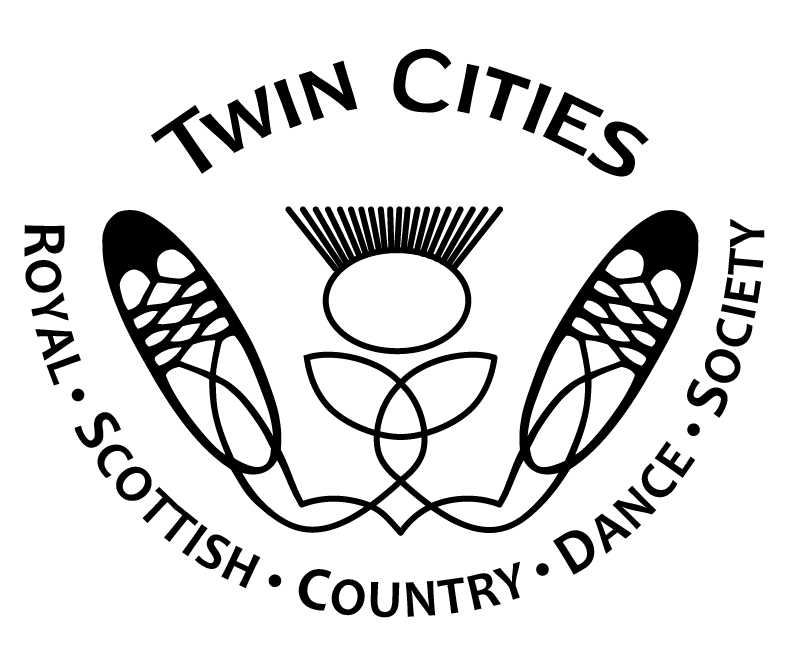[Check out part 1 of this post]
The view from a longtime Fest addict — regular patron since 1984, performer since 1990:
Why is Fest special to you, why you go back year after year?
At this point it’s primarily about the people. There are friends that I only see at Fest and it’s nice to spend time with them. And shared activities, such as the Abram’s Circle dance with the Morris Dancers in the morning, or singing/drumming/playing along with actual professional musicians, or the shopping spree where I get to help someone else spend money. Even just within our group there are stories and conversations backstage that would never happen at Tapestry.
Longer term, and underlying everything, is the sense of inhabiting a different reality for a time, of subverting the “real” world. It’s not a costume if you wear it all day. When I was a patron, I always dressed in costume and made every effort to only carry dollar coins to be more in character. And I am still loath to wear a watch or carry electronic devices when I’m out there.
As far as missing a year, it felt like a necessary sacrifice and a protest, not at all a bad thing. In many ways there was still a sense of solidarity even though we couldn’t be physically together.
I still don’t really consider myself a musician, more an accompanist, so performing out there is more for the benefit of the person/group I’m accompanying, and not the audience, where as a dancer/fool I’m all about the audience. It’s much more of a “when circumstances permit” activity than my primary activity, so there’s less pressure and more fun to be had.
— Eric
The view from novices:
How did it feel to be a first-time Fool? What is it like to be a helper?
So, as a first time fool, I have to say I think it went well. I have several witnesses who would agree. I am a very introverted person, so the idea of speaking in front of a crowd usually fills me with dread. However, I found that if I got myself into the mindset of playing a character, complete with attempted Scottish accent, then it all became much less intimidating. I had already heard several of the more experienced Fools during other performances, so I had a good idea of what to say, which helped quite a bit. If I had to come up with my own original material I would have been much more anxious, and probably would not have volunteered. The dancers were very supportive and there was one incident when I stepped up to the crowd and completely forgot what I was meant to say, but Katie was piping that day and she helped get me back on track so that most everyone didn’t even notice. All in all, I’m calling it a success and will likely give it another whirl next year.
As for Elly and her first season as a helper, here are three things she liked and one she didn’t. She liked getting to hang out with the group backstage. She got to play cards with Tiffany, watch Janet do some felting, listen to Dick tune his pipes, sit in our chairs in the shade, and really just feel like part of the group. She liked getting to sit right on the Bear stage and watch our performances. She liked getting to participate in the opening dance. It was easy for her to learn and her height wasn’t really a problem (even Stuart was able to promenade with her and that is saying something!). As for what she didn’t like….the heat! Not much we can do about that, but she’s eight, so what can you expect?
— Miriam
Now it’s your turn, why do you Fest?

